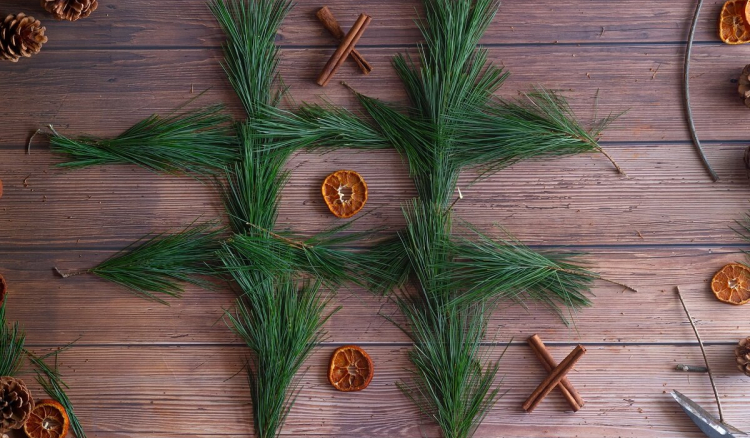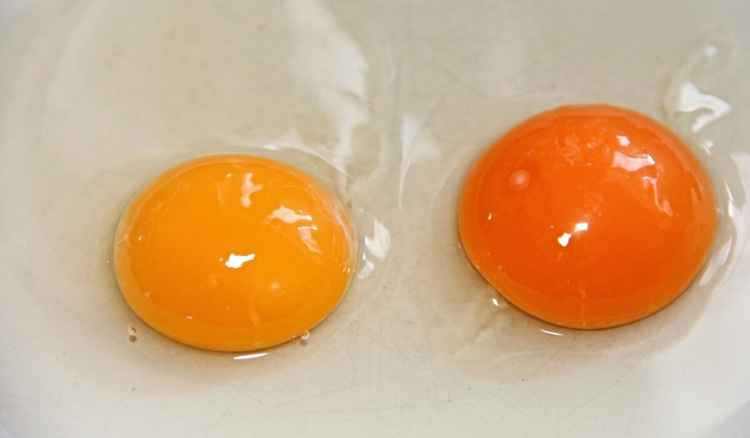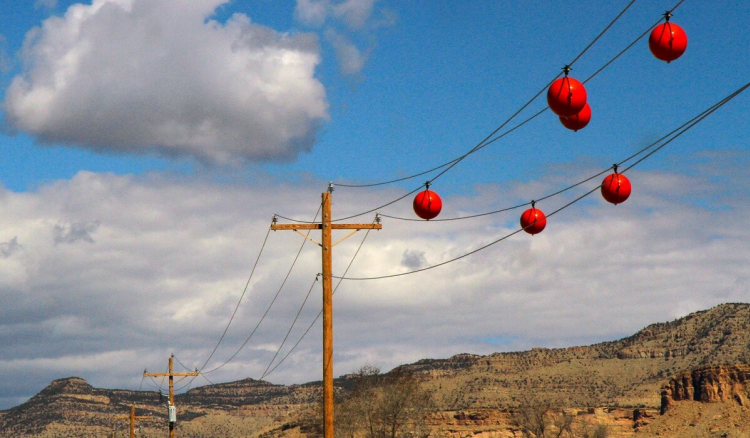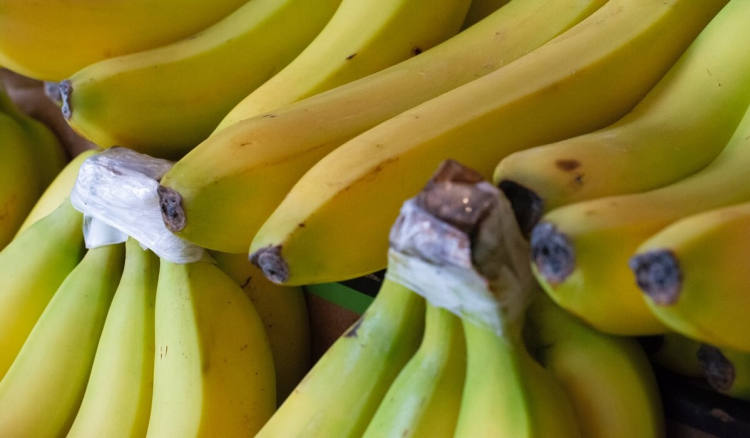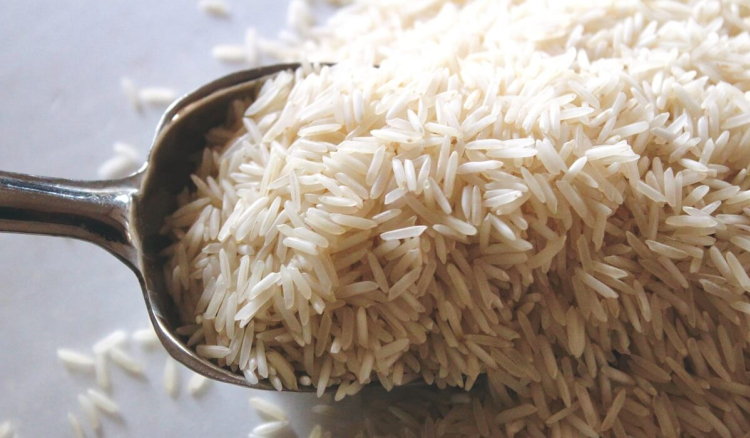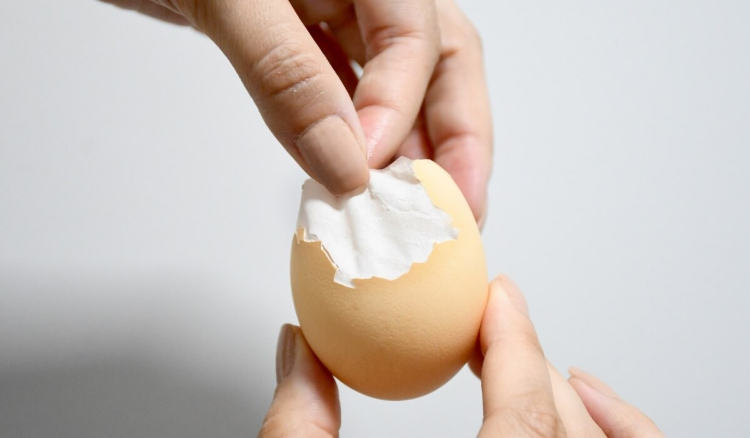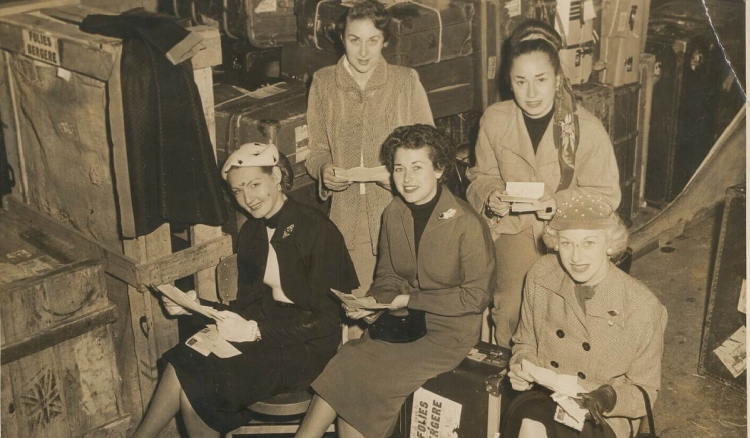
Blueberries are a seasonal delight, packed with vitamins and essential nutrients. To enjoy them year-round, it's essential to preserve them properly. We'll explore various methods, answering the age-old question: should you wash blueberries before freezing?
Blueberries for the winter season
Industrial-scale blueberry processing doesn't involve washing; instead, they employ rapid dry freezing. At home, before processing and freezing blueberries, you should sort them, removing any debris, spoiled, or unripe berries. If they're dusty, a gentle rinse under running water is acceptable. Then, lay the selected berries evenly on a clean towel to dry thoroughly, preparing them for further processing.
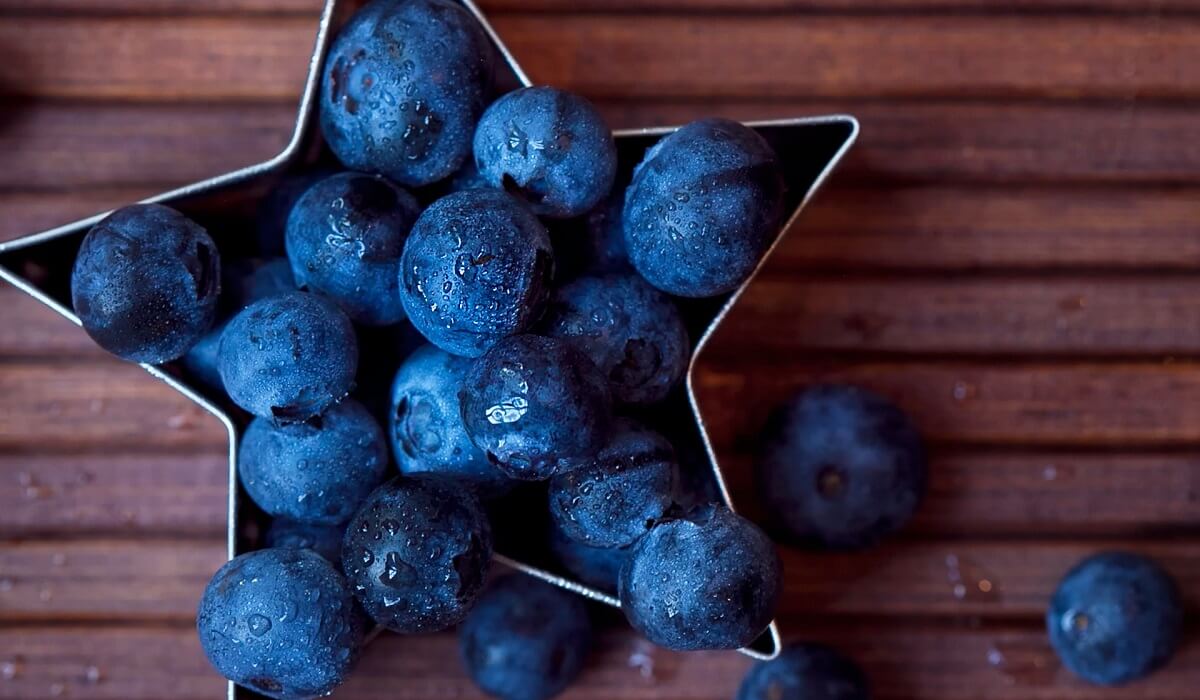
Methods of blueberry preservation
Drying blueberries: The sun or a specialized food dehydrator can be used to dry blueberries. Store the dried berries in a dry container and use them for infusions, compotes, and tea.
Blueberry puree with sugar: After preparing the berries, blend them into a puree. Add 500g of sugar per 1 kg of puree (or a 1:1 ratio) and mix well. Add 2 tablespoons of fresh lemon juice or 0.5 teaspoons of citric acid. Let the mixture sit for about 15 minutes, then distribute the blueberry puree into sterilized jars, storing them in a cool place.
Freezing blueberries: Place clean, dry blueberries in convenient containers and store them in the freezer. When needed, retrieve the frozen berries and use them as desired.
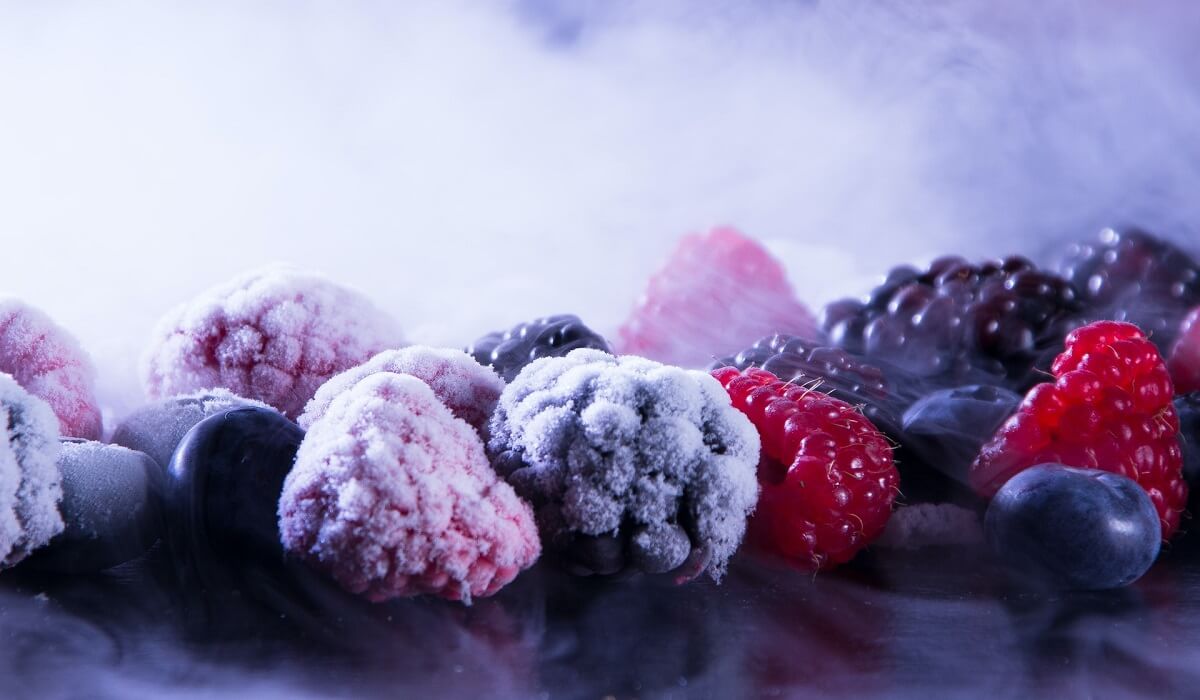
Non-thermal jam making: Fill sterilized jars with clean blueberries and pour hot syrup over them. For syrup, combine 1 cup of water, 2-3 cups of sugar, and 1 tablespoon of lemon juice (or a pinch of citric acid) per liter jar. Dissolve the sugar completely while boiling, then pour the hot syrup over the blueberries and seal the jars.
Jam making with brief thermal processing: Put prepared blueberries into an enamel pot, adding an equal amount of sugar (1:1 ratio). Let the blueberries release their juice over 6-12 hours. Then, add 1 tablespoon of lemon juice (or 0.25 teaspoons of citric acid) and start boiling. Stir gently to avoid damaging the delicate berries. After boiling, cook the berries for no more than 6 minutes, and then can the jam while it's still hot in sterilized jars.
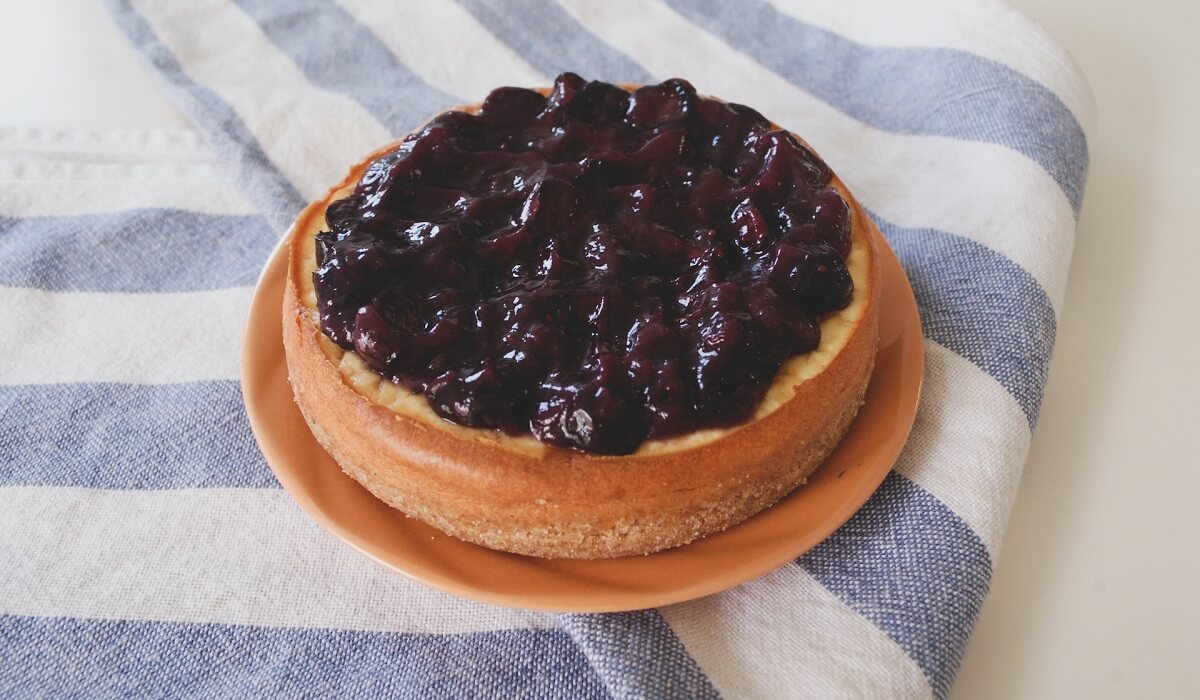
Making jlueberry jam: Mash the blueberries and transfer the mixture to an enamel pot. Add double the amount of sugar and a tablespoon of lemon or lime juice. Combine all ingredients and start cooking. After boiling, reduce the temperature to a minimum and simmer the jam for 25 minutes, stirring constantly with a wooden spoon. Ladle the hot jam into clean jars and seal them.
Apart from the mentioned methods, blueberries can be used to make jellies, compotes, wines, infusions, and assorted berry mixes. Remember, avoiding thermal processing helps retain more of the berries' vital nutrients. Enjoy your preserved blueberries all year long!
- Why smart homemakers keep a jar of rice in their closets
Learn about the various causes of wardrobe odor and options for eliminating it




